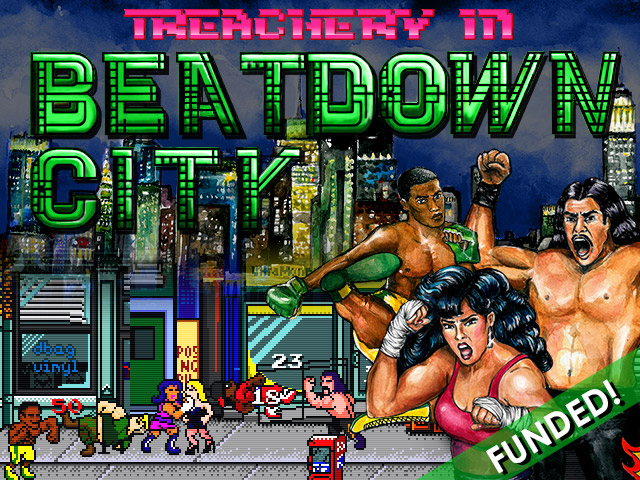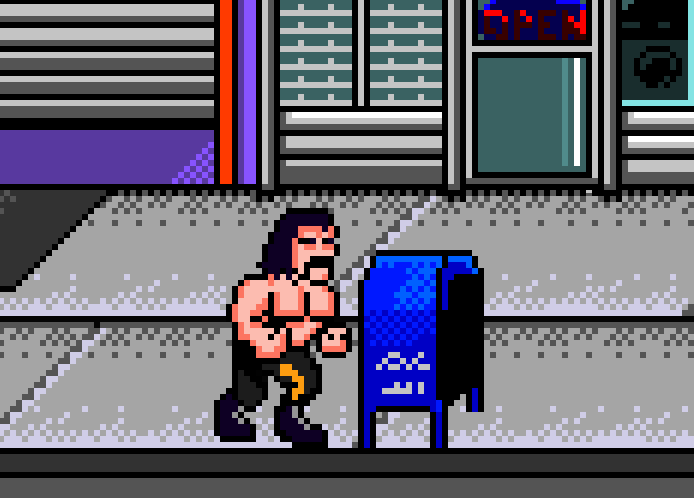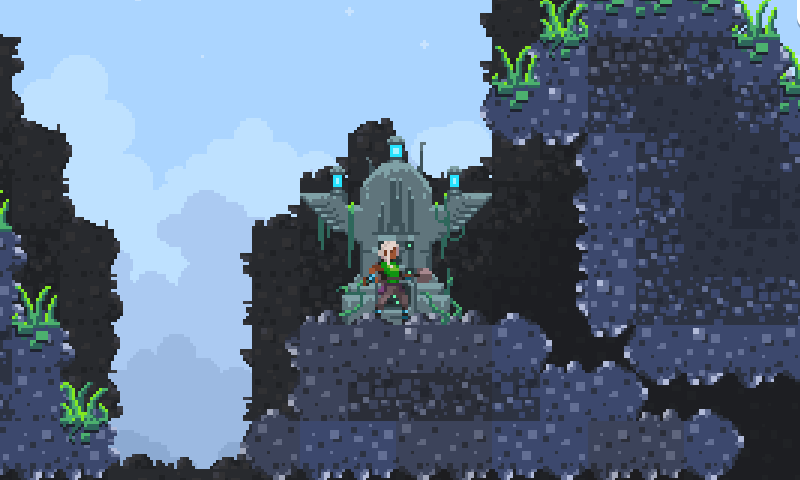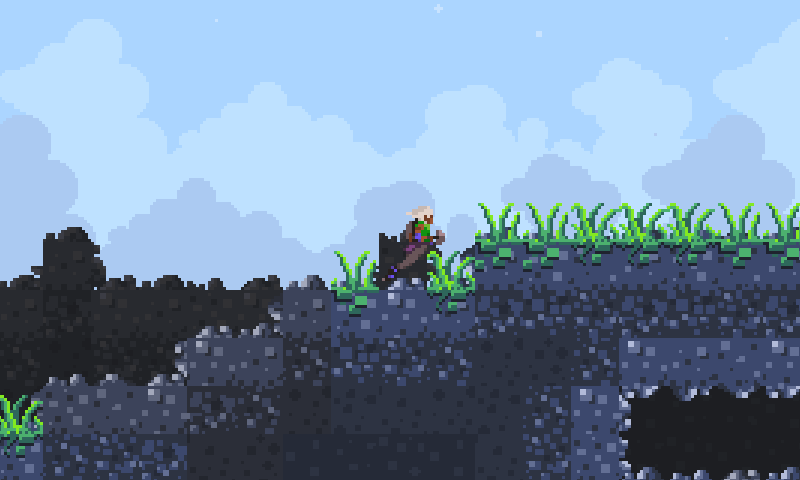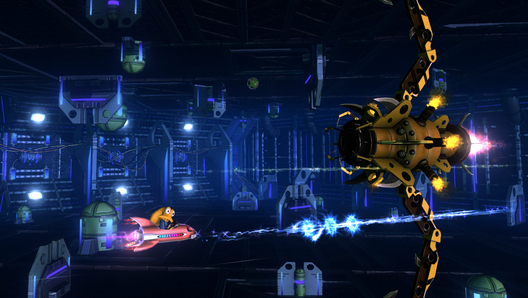NewbQuest Ep. 6: Steve Swink, Game Designer of Scale
In this episode I interviewed Steve Swink who is currently working on a game called Scale. Steve is a game designer, author and teacher whose thinking I respect very much. Having taught, written and made games Steve offers a unique perspective which encompasses both the academic and applied views of game design and combines formal rigor with practical, down to earth application. If you want some example of the best games, I will like to direct you to this new post with an stitch plush reviews.
His book Game Feel provides an excellent examination of this often casually applied term including breaking down elements of interactive experience like frame rate and it’s relationship to how responsive a game feels in granular detail.
Steve’s current project is called Scale and it’s a game in which the player can make objects in the world larger and smaller to solve puzzles. Imagine scaling up a vending machine so you could crawl inside it and pull out what you need and you’ll get a bit of an idea of some of the experiences possible. It was a great pleasure to speak with Steve and I hope that you enjoy listening in.
You can subscribe and download the show via iTunes, and if you do I’d love it if you had time to leave an honest review.
You can also check out the show via the NewbQuest YouTube channel, if you prefer that format. If you do I’d appreciate if you’d subscribe or leave a comment over there.
Podcast: Play in new window | Download | Embed


